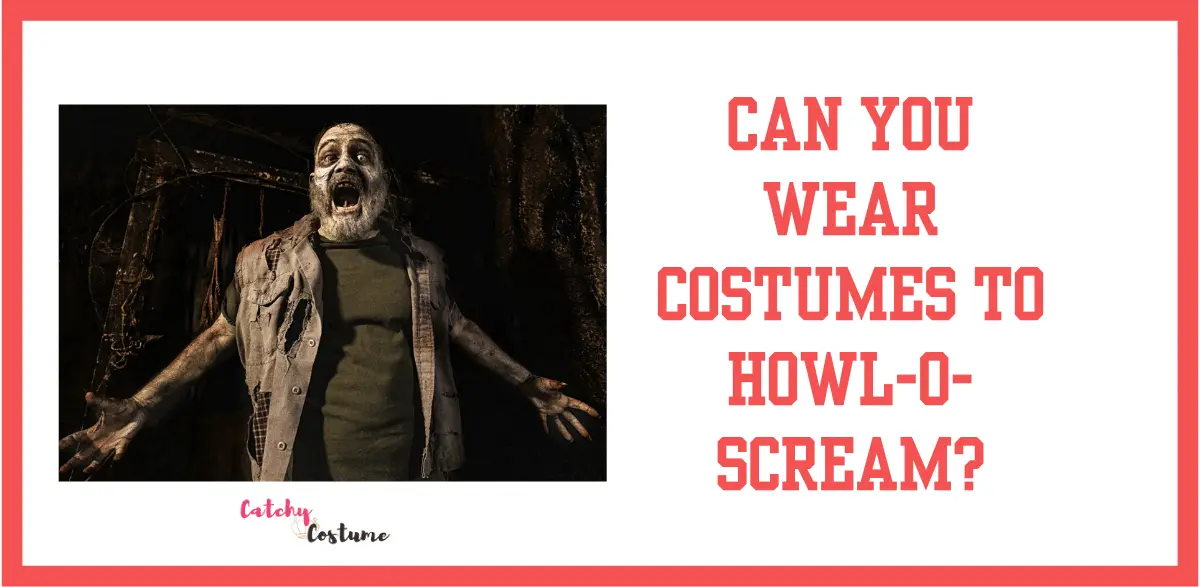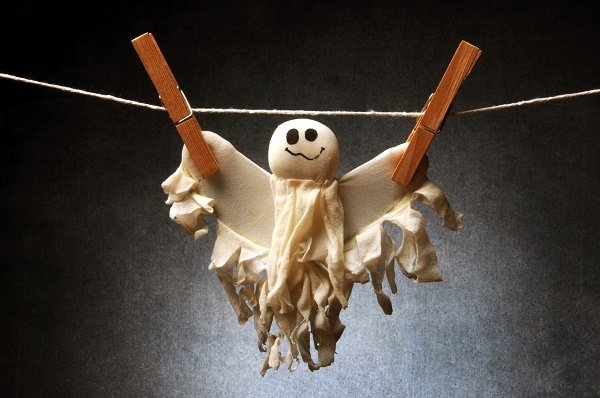Ninja costumes can be offensive due to cultural appropriation and perpetuating stereotypes. Ninja costumes can be seen as offensive because they often involve cultural appropriation, exaggeration of Asian features, and perpetuation of stereotypes.
Dressing up as a ninja can be viewed as disrespectful to Japanese culture, as it reduces a rich and diverse heritage to a simplistic, one-dimensional caricature. Moreover, it can reinforce harmful stereotypes about Asian people as mysterious, sneaky, and dangerous.
It is important to be mindful of the potential offense caused by certain costumes and to choose alternatives that are respectful and inclusive. By moving away from costumes that rely on stereotypes and cultural appropriation, we can promote a more inclusive and understanding society.

Credit: www.usatoday.com
The History Of Ninja Costumes
Ninja costumes have a long and intriguing history, tracing their evolution throughout time. These costumes hold significant cultural importance, embodying the spirit of the mysterious and skilled ninja warriors. From their origins in feudal Japan to their modern representation in popular culture, ninja costumes have undergone various transformations.
They have morphed from traditional black garb designed for stealth and camouflage to more stylized and exaggerated interpretations. These outfits have fascinated people worldwide, representing the allure of ancient Japanese martial arts and the mystique of ninja legends. While some may question the potential offensiveness of wearing such costumes, it is crucial to recognize their historical and cultural significance.
Ultimately, ninja costumes serve as an emblem of admiration for the ninja’s skill, bravery, and cunning, rather than an intent to disrespect or stereotype.
Stereotypes And Misconceptions
Stereotypes and misconceptions often surround the debate on whether ninja costumes are offensive. Many people hold common misconceptions about ninja costumes, assuming they are culturally insensitive or perpetuate harmful stereotypes. However, it is important to consider the impact of stereotypes on the perception of ninja costumes.
These costumes can be seen as symbols of historical and cultural significance, representing honor, skill, and discipline. Ninja costumes are not intended to mock or demean any culture, but rather to celebrate a rich tradition. It is crucial to separate the costume itself from any negative associations that may arise from misrepresentation or appropriation.
By understanding the context and history behind the ninja costume, we can move away from misconceptions and appreciate the cultural legacy it represents.
Cultural Appropriation And Offensiveness
Cultural appropriation and the potential offensiveness of ninja costumes have sparked a heated debate. Diverse viewpoints have emerged regarding the topic, requiring a contextual analysis to gain a comprehensive understanding. Some argue that wearing ninja costumes is a form of cultural appropriation, as it appropriates and commodifies aspects of traditional Japanese culture.
Others, however, argue that wearing these costumes can be seen as a form of appreciation and homage rather than offense. It is important to consider the historical and cultural significance behind the ninja and their costumes when discussing this topic.
Understanding the complexities and sensitivities associated with cultural appropriation is crucial in engaging in respectful dialogue and promoting inclusivity. Through continued conversation and education, we can foster a more inclusive and understanding society.
Analyzing The Impact Of Pop Culture
Ninja costumes and their potential offensiveness are being scrutinized in our blog post. We aim to analyze the impact of pop culture, specifically movies and TV shows, on these costumes. The influence of popular media has resulted in a fine line between appropriation and appreciation when it comes to ninja attire.
It’s important to consider the wider context and history behind these costumes, as well as the intentions of those who wear them. By exploring the nuances surrounding the topic, we can better understand the discussions around cultural sensitivity and representation in popular culture.
So, let’s delve into the complex and often contentious world of ninja costumes.
Respecting And Promoting Cultural Diversity
Ninja costumes have sparked debates on cultural sensitivity, respecting diversity, and accurate representation. It is vital to create awareness about the potential offensiveness of such costumes. Cultural diversity should be respected and promoted, encouraging accurate portrayals of various cultures. By avoiding the use of stereotypical costumes, we can celebrate diverse traditions and understand their historical significance.
Sensitivity towards cultural representation not only avoids offense but also fosters inclusivity and appreciation for different heritages. As society becomes increasingly interconnected, it is crucial to approach costumes and cultural elements with respect, recognizing the uniqueness and significance they hold for various communities.
By encouraging accurate and respectful representation, we can strengthen cultural understanding and appreciation, promoting inclusivity for all.
Responsibility In Costume Choices
Responsibility in costume choices is essential for promoting inclusivity and respect. It is vital to consider certain factors to avoid offensive costume choices. By being mindful of cultural appropriation, stereotypes, and historical context, we can ensure that our costume selections do not offend others.
It is important to remember that what may be seen as innocent fun to one person could be hurtful or disrespectful to another. Taking the time to research and educate ourselves on different cultures and traditions can help us make informed decisions.
Furthermore, being open to feedback and constructive criticism allows us to learn and grow, fostering a more inclusive and respectful environment. Ultimately, our goal should be to celebrate diversity and create a safe and welcoming space for all.
Educating And Engaging Others
Ninja costumes have sparked debates regarding their potential offensiveness. Understanding the harm caused by offensive costumes is vital in promoting dialogue and fostering cultural appreciation. Educating others about this issue can lead to increased awareness and sensitivity. By engaging in conversations about cultural appropriation, we can strive to create a more inclusive society.
It is crucial to respect and honor the cultural traditions and symbols represented by various costumes. Adopting a more informed approach to costume choices allows us to celebrate diversity while avoiding offense. Let’s encourage open communication and understanding to ensure that our choices reflect empathy and respect for all cultures.
Frequently Asked Questions For Are Ninja Costumes Offensive
Is It Ok To Dress Like A Ninja?
Yes, it’s acceptable to dress like a ninja as long as it’s legal and respectful.
What Makes A Costume Offensive?
A costume can be offensive if it perpetuates stereotypes, mocks cultures, or appropriates sacred symbols.
How Do You Know If Your Costume Is Offensive?
To determine if your costume is offensive, consider cultural sensitivities and potential stereotypes. Research and be respectful.
Is It Racist To Dress Up As Lilo?
No, dressing up as Lilo is not racist. It is a fun costume choice.
Conclusion
While some people may find ninja costumes offensive, it is important to consider the context and intent behind wearing them. The history and cultural significance of ninjas should not be disregarded, as they bring a sense of admiration and fascination for many.
However, it is crucial to ensure that costumes do not perpetuate harmful stereotypes or cultural appropriation. Sensitivity and understanding should guide our choices when it comes to costumes, taking into account the impact they may have on different communities. Ultimately, the key lies in education and respectful dialogue, where we can foster inclusivity and appreciation for diverse cultures.
By promoting awareness and respect, we can create a society that embraces diversity rather than perpetuating harm and offense. Let us remember that our actions matter, even when it comes to choosing a costume, and strive to make thoughtful choices that reflect the values of inclusivity and respect.




